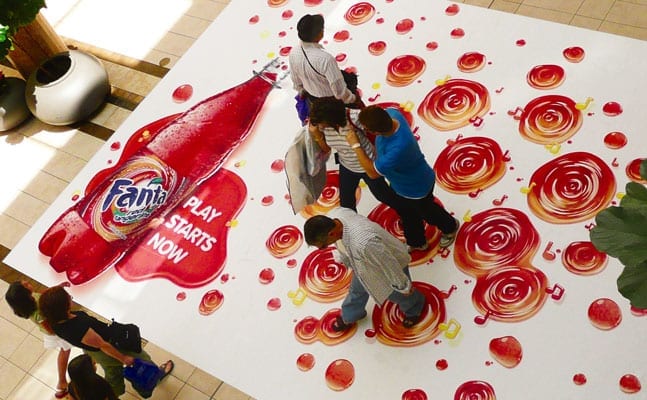Positive Media Psychology is an area of media psychology that uses the theories and constructs of positive psychology to research and promote positive media. Positive media psychology shifts the focus away from “what’s wrong” and looks for ways in which media and technology can support positive human growth.
What makes positive media? There is a huge pile of research looking at the negative aspects of media, particularly related to advertising. There are studies addressing social concerns about the impact of media on how people define themselves, success, society and, well, pretty much everything. The quality of the research varies, of course, but there are many legitimate issues to be addressed. There is a pretty unified chorus against negative media, however you define it. But what is positive media? There isn’t much literature on what exactly constitutes positive media. (In fact, I don’t know of any. So if you do, please let me know.) Does the fact that advertising, for example, is produced by a company with a profit motive mean by default that no media they produce is positive? Does media have to address social issues head on to be considered positive?
What about fun, creativity or interaction? A post by Amy Corr in Media Creativity (Talking Puddles) got me thinking about this question. Corr writes about Fanta‘s “Play Starts Now” campaign with interactive Fanta puddles in shopping malls across the U.S.
Playtime begins once a shopper steps on a puddle. Each colorful image, representing a droplet of soda, makes a different sound. Young and old shoppers alike interacted with puddles that made ouch or bouncing sounds. And like “Candid Camera,” the agency wisely caught the impromptu action on tape…
The campaign isn’t intrusive; it’s inviting. Yet its very simplicity is enough to throw shoppers off-guard, possibly bringing a smile to their faces. Better yet — send them to the nearest vending machine. Link to video montage.
Obviously, this isn’t solving world hunger, but it’s also not using sex or violence, using stereotypes of race, gender, or culture, or creating any form of psychological upward or downward comparison to raise awareness of Fanta. Is it enough to provide a pleasurable experience from a little creative interaction?
Personally, I enjoy seeing some creativity no matter what the source. Particularly when it is interactive. I like to be reminded of the positive side people; that they are full of energy and genius just waiting to explode. Today’s Fanta puddles might inspire tomorrow’s breakthrough.


![Reblog this post [with Zemanta]](http://img.zemanta.com/reblog_e.png?x-id=18cf707e-9b50-4da1-96a0-d6ee80533cb1)
 Dr. Pamela Rutledge is available to reporters for comments on the psychological and social impact of media and technology on individuals, society, organizations and brands.
Dr. Pamela Rutledge is available to reporters for comments on the psychological and social impact of media and technology on individuals, society, organizations and brands.